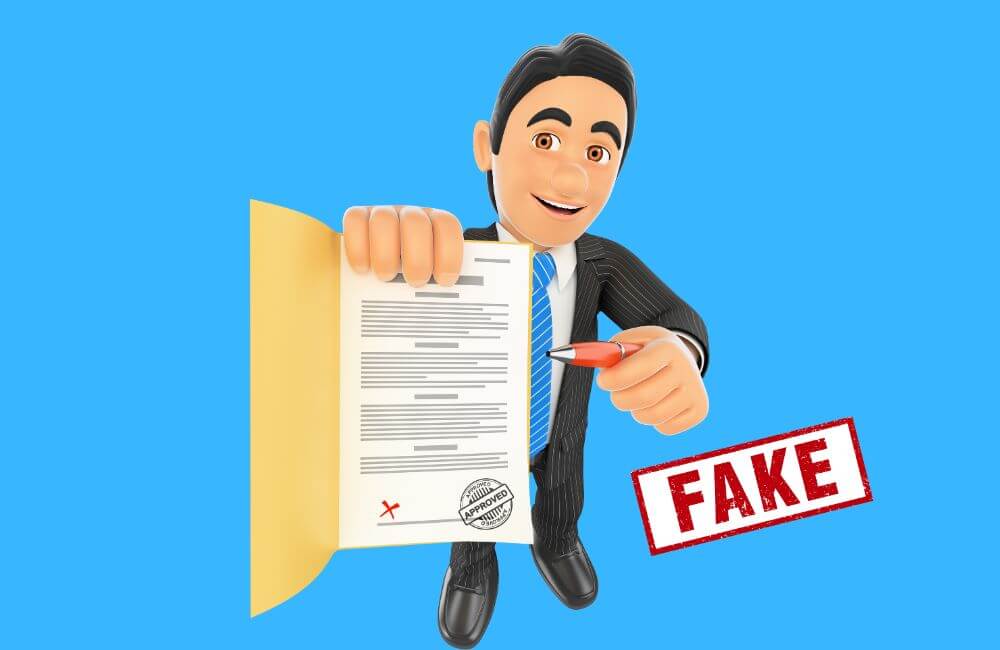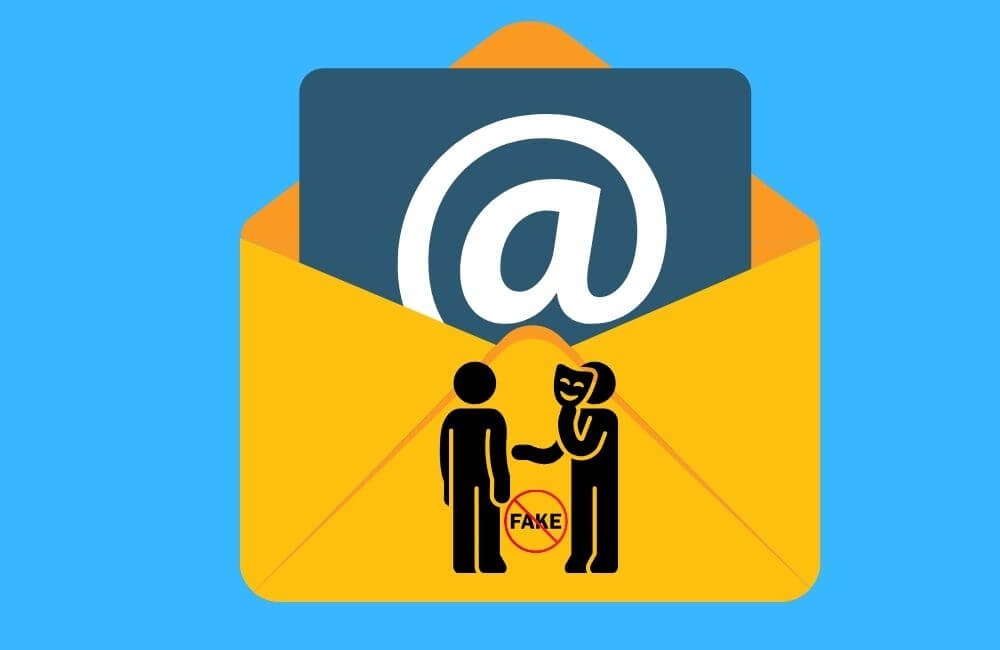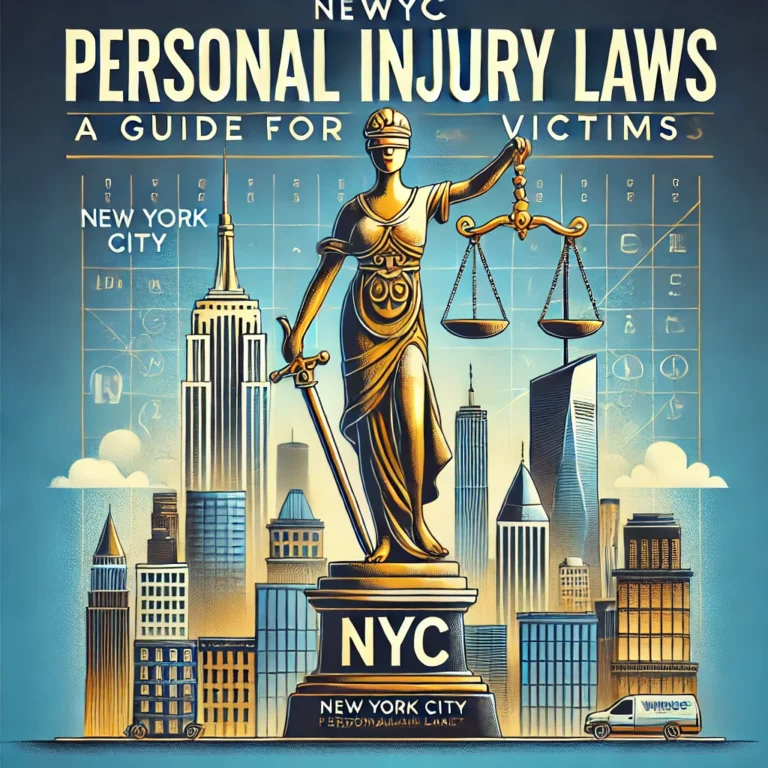Lawyer or attorneys practice in a variety of fields, including family law, commercial law, personal injury, criminal defense, and others.

In the digital age, the art of scamming has evolved, with cybercriminals becoming more sophisticated in their methods. Among the plethora of digital scams, fake lawyer emails stand out as particularly insidious.
These emails aim to deceive recipients with threats of legal action or promises of legal assistance, preying on their fears and uncertainties. Understanding and avoiding these scams is crucial for protecting oneself in the online world.
Understanding Fake Lawyer Emails
Fake lawyer emails are sophisticated phishing scams. Impersonating legal professionals, these emails typically demand personal information or money, threatening legal action if you don’t comply. Their use of legal jargon and a convincing tone can make the deception seem legitimate.
Recognizing Common Scenarios
- The Threatening Lawsuit Email: An email unexpectedly informs you that you’re being sued, using official-sounding language to provoke urgency.
- The Unclaimed Life Insurance Policy: This scam promises a substantial payout, requiring a fee to release the funds
Identifying Fake Lawyer Email Addresses

Creating or sharing actual email addresses, even fabricated ones meant to represent fake lawyer emails, could unintentionally mirror real addresses and potentially cause harm or confusion. However, I can describe common characteristics of fake lawyer email addresses to help you identify them:
1. Misleading Domain Names: A fake lawyer email might use a domain name that closely resembles a legitimate law firm’s name but with slight alterations. For example, if a legitimate firm’s email is from “lawfirm.com,” a scammer might use “lawfirm-legal.com” or “lawfirmconsult.com.”
2. Generic Email Providers: Scammers often use free, generic email services. An email purporting to be from a professional lawyer but coming from an address ending in @gmail.com, @yahoo.com, or another common free email provider should raise suspicions.
3. Unusual Characters or Numbers: Fake emails might incorporate random numbers or characters to create a unique address that at first glance appears professional. For instance, “john.doelegal123@outlook.com” or “lawyerfirm_01@legalmail.com.”
4. Spelling Errors: Look out for slight misspellings or typographical errors in the email address, such as “legallawyerfim@service.com” (where “firm” is misspelled as “fim“) or “attorenyconsult@provider.com” (where “attorney” is misspelled as “attorney”).
5. Incongruent Names: The name within the email address might not match the signed name in the email itself. For example, the email might come from “jamesanderson@legalhelp.com,” but the email is signed by “Robert Clark.”
Remember, when in doubt about the legitimacy of an email, it’s best to directly contact the entity or individual it claims to be from using contact information obtained through official and verified channels, rather than responding directly to the suspicious email.
Read More – 10 Step Guide: How to Spot a Fake Law Firm
The Impact of Falling for a Fake Lawyer Email
The consequences of falling for such scams can be severe, ranging from financial loss to identity theft. Victims may find themselves entangled in unnecessary legal battles or facing damage to their credit scores. The emotional toll, including stress and anxiety, can also be significant, impacting one’s sense of security and well-being.
How Scammers Operate
- Setting Up Fake Law Firms:
- Scammers create fictitious law firms with impressive names.
- They forge official-looking documents, including letterheads and signatures.
- These fake credentials lend credibility to their emails.
- Tactics to Lure Victims:
- Scammers play on fear, greed, or curiosity.
- They threaten legal action or promise financial windfalls.
- Victims are manipulated into revealing personal information or sending money.
Case Study: Real-Life Example
The CBS17 Report
1. In a recent incident reported by CBS17, a woman received an email from a supposed lawyer. The email claimed she was entitled to a substantial inheritance from a distant relative. All she needed to do was pay a processing fee. Excited and hopeful, she wired the money. But it turned out to be a scam. The so-called lawyer vanished, along with her hard-earned cash.
2. Consider the story of John, a small business owner who received an email claiming to be from a lawyer accusing him of copyright infringement. Panicked, John paid the demanded settlement fee, only to later discover it was a scam. Such examples highlight the real-world impact of these fraudulent emails.
How to Identify Fake Lawyer Emails

Identifying a fake lawyer email often requires a keen eye. Look out for red flags such as unsolicited contact, generic greetings like “Dear Client,” and glaring spelling and grammar mistakes. Scammers may also use fake email addresses that closely mimic legitimate ones. Before responding to any legal threats or demands via email, verify the sender’s authenticity by contacting the law firm or professional directly through official channels.
Warning Signs
Be vigilant! Here are warning signs of fake lawyer email scams:
- Unsolicited Emails:
- Genuine lawyers don’t randomly email people about legal matters.
- If you didn’t seek legal advice, be suspicious.
- Requests for Personal Information:
- Scammers ask for sensitive details like your Social Security number or bank account information.
- Legitimate lawyers won’t do this via email.
- Demands for Money:
- Scammers pressure victims to pay fees, fines, or taxes.
- They prefer untraceable methods like gift cards or cryptocurrency.
Read More – What is a Boutique Law Firm?
How to Protect Yourself
To safeguard against fake lawyer emails, employ robust email security practices. Use spam filters to catch suspicious emails, never click on links or download attachments from unknown sources, and avoid sharing personal or financial information via email. If you encounter a suspected scam, report it to your email provider and consider consulting a legitimate legal professional for advice.
Protecting Yourself
- Stay Skeptical:
- Don’t trust unsolicited emails, especially those claiming legal matters.
- Verify the sender’s credentials independently.
- Never Share Personal Information:
- Legitimate lawyers won’t ask for sensitive data via email.
- Guard your details fiercely.
- Educate Others:
- Warn friends and family about these scams.
- Awareness is our best defense.
- Report Incidents:
- If you encounter a fake lawyer email, report it to the Federal Trade Commission (FTC).
- Help prevent others from falling victim.
Conclusion
In the battle against fake lawyer email scams, knowledge is power. Stay informed, stay cautious, and protect yourself and your loved ones. Remember, a genuine lawyer won’t send you an unexpected email threatening legal action or promising riches. Be smart, and don’t let these scammers fool you









